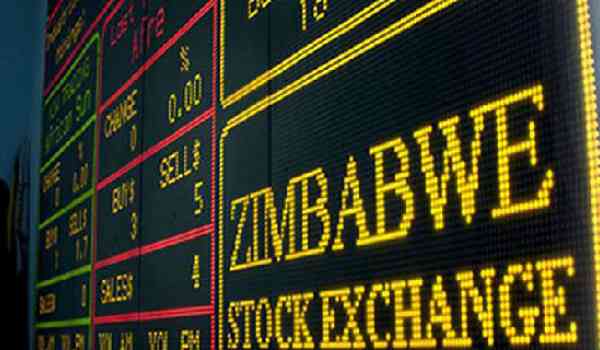The planned delisting of National Tyre Services (NTS) from the Zimbabwe Stock Exchange (ZSE) has reignited debate around the sustainability and competitiveness of the country's main bourse, with analysts urging regulators to address persistent issues such as low liquidity, high listing costs, and a tightening regulatory environment.
NTS recently announced that it would seek shareholder approval to delist from the ZSE, citing sustained low liquidity levels that have hindered effective price discovery and limited shareholders' ability to realise value or exit their investment positions. The company also said it was incurring significant listing-related expenses - including audit fees, publication costs, and regulatory compliance charges - which had become disproportionate to the benefits of maintaining a public listing.
This development comes in a year that has already seen several delistings from the ZSE, including Old Mutual's Top Ten Exchange Traded Fund in January, Khayah Cement Limited in April, and Truworths in July.
Senior equities analyst Vanessa Machingauta said that while NTS's exit may reduce the number of listed companies, the local market remains dynamic, with other counters showing strong performances.
"While the delisting of NTS may point to a smaller universe on the ZSE, there are still a variety of investment options available," Machingauta said. "Counters like Starafrica Corporation, GB Holdings, and ZHL recorded real growth of 57 percent, 52 percent, and 48 percent respectively this year. One delisting does not necessarily dampen investor sentiment, as many positives continue to emerge within the market."
She added that the ZSE's listing rules and investor-protection framework remain aligned with regional peers, although the exchange continues to suffer from limited market depth and liquidity tied to the broader economy.
Financial analyst Malone Gwadu said the delisting reflected broader economic constraints. "It's a reflection of the economy, where liquidity is tight due to the central bank's restrictive monetary policy aimed at curbing inflation and exchange rate volatility," he said.
Similarly, investment analyst Enock Rukarwa argued that the cost of maintaining a listing was not necessarily the main issue, but rather the rigidity of regulatory requirements, which can weigh heavily on mid-tier and small-cap companies.
"For companies that are not large-cap counters, the current regulatory framework does not provide the flexibility required to operate under Zimbabwe's challenging market conditions," Rukarwa explained. He added, however, that the ZSE's rules are largely in line with international standards, borrowing heavily from the Johannesburg Stock Exchange (JSE).
Despite these challenges, Rukarwa maintained that the ZSE remains one of the better-performing exchanges in the SADC region and across Africa.
Trading on the ZSE has continued to be dominated by major counters such as Delta and Econet. According to IH Securities' third-quarter 2025 equity strategy report, market performance will likely remain tied to liquidity cycles rather than underlying fundamentals.
However, ZSE chief executive officer Justin Bgoni recently said the exchange's performance is becoming more reflective of improved economic fundamentals, largely due to greater currency stability following the introduction of the Zimbabwe Gold (ZiG) currency in April 2024.
"If you look at how the market has performed, the currency is stable, which means people are no longer coming to the market just to hedge," Bgoni said. "When the currency is stable, everything else tends to normalise."
The ZSE now faces renewed pressure to strengthen market depth, enhance investor confidence, and ensure that listing on the local bourse remains both viable and attractive for Zimbabwean companies.
- SundayMail
 OK Zimbabwe posts US$17,8 million loss
OK Zimbabwe posts US$17,8 million loss  Hichilema meets Chivayo
Hichilema meets Chivayo  Millions celebrate Diwali festival in India
Millions celebrate Diwali festival in India  Econet Zimbabwe to delist from ZSE
Econet Zimbabwe to delist from ZSE  Gold edges up as traders await guidance
Gold edges up as traders await guidance  Mnangagwa fires Chitando, appoints Polite Kambamura
Mnangagwa fires Chitando, appoints Polite Kambamura  Young Investment Professional (YIP) Graduate Programme 2019
Young Investment Professional (YIP) Graduate Programme 2019 











 Young Investment Professional (YIP) Graduate Programme 2019
Young Investment Professional (YIP) Graduate Programme 2019
Editor's Pick